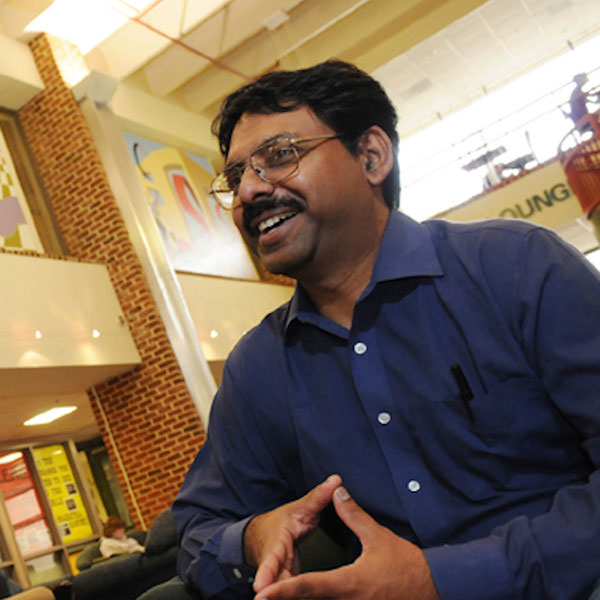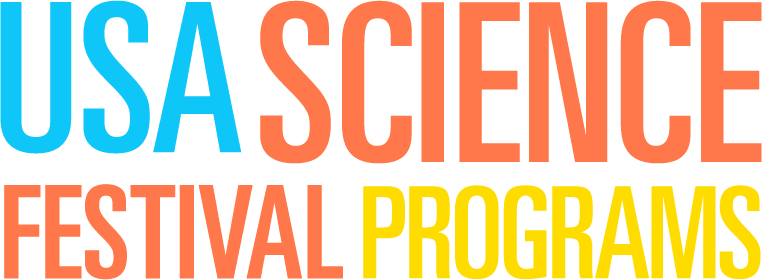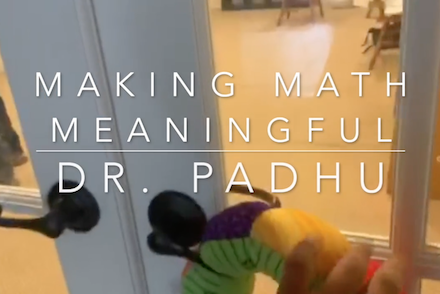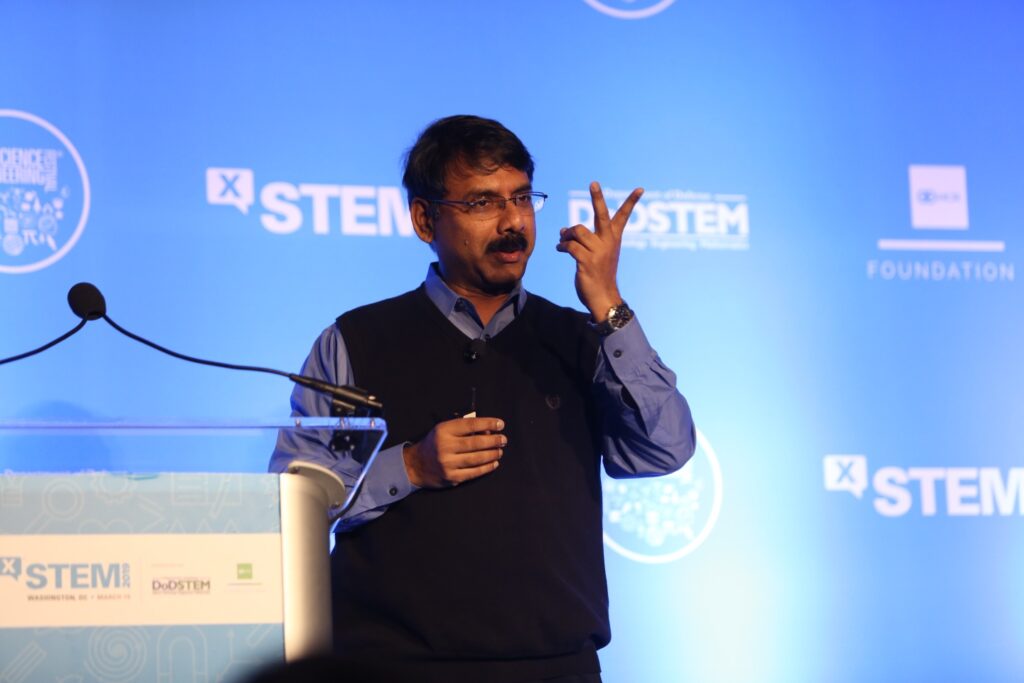Dr. Padhu Seshaiyer


Mathematical Scientist
George Mason University
He Applies Mathematical Principles to the Real World!
Padmanabhan “Padhu” Seshaiyer grew up in his native India dreaming about how to solve “real world” problems through mathematics. Now, a noted mathematician at George Mason University in Fairfax, VA where he is living out his passion, Padhu is also on a personal mission to change the often-negative perception and image that students have about math.
“When I hear a student in middle school, high school or college say ‘I hate math,’ I take it as a personal challenge to change their attitude towards mathematics,” says Padhu, Associate Dean for the College of Science and professor of Mathematical Sciences at George Mason University. Over the past two decades he has served in multiple leadership positions including the Associate Dean in the College of Science at George Mason, Director of the STEM Accelerator Program, Director of COMPLETE (Center for Outreach in Mathematics Professional Learning and Educational Technology) as well as Program Director at the National Science Foundation.
In describing his work as a scientist in applied mathematics –an endeavor that involves working with a wide range of researchers in other disciplines including neurosurgery, aerodynamics, biology, and academia to solve complex scientific and engineering problems — he says: “The diversity that mathematics provides in multidisciplinary problem solving and the connections it provides to multiphysics real-world applications is like no other subject!”
For instance, through this collaborative multi-disciplinary approach, Padhu was able to contribute to key questions about the rupture of intracranial saccular aneurysms (commonly known as brain clots) which cause between 2-5% of the deaths in the United States each year. “My key contributions to this medical condition include providing neurosurgeons with real-time mathematical modeling solutions to biological problems associated with this disorder.”
In addition to his laboratory research and teaching endeavors at George Mason University, Padhu also is proud that he is able to transfer his knowledge “back into the broader community –specifically to middle and high school classrooms.“ He does this by being actively involved with area school districts in developing new initiatives and programs that enhance the quality of teachers and introduce students to career options in science and engineering.
With the explosion of data over the past few years, he has also championed several new initiatives to promote the much-needed awareness of making data-driven decisions in problem solving. He served as the higher education member in the lead taskforce for the Virginia Department of Education that helped to create the first ever Data Science Standards of Learning in the nation. The new high school data science course is taken by hundreds of high school students across the Commonwealth of Virginia. He has been mentoring several students at all levels in applying principles of data and mathematics to solve real-world challenges.
Dr. Seshaiyer initiated and directed a variety of educational programs including graduate and undergraduate research, K-12 outreach, teacher professional development, and enrichment programs to foster the interest of students and teachers in STEM at all levels. He serves on several prominent local and national organizations including the National Math Alliance; SIAM Diversity Advisory Group; the Virginia Mathematics and Science Coalition; Council on Undergraduate Research and; the US National Commission for Mathematics Instruction by the National Academy of Sciences. In 2023, he was appointed to the Virginia Workforce Development Board by the Governor of Virginia which complements his 2021 appointment to the STEM Advisory Board to the Office of the Governor. In 2019, he was selected as “Figures that Matter” and was awarded an honorary doctorate from Vrije Universiteit Brussel for being a committed scientist who transcends the boundaries of their own disciplines and to personalities that have been at the frontiers of societal change.
Padhu received his Bachelors of Science degree (with honors) in Electrical and Electronics Engineering and his Masters degree in Mathematics from Birla Institute of Technology & Science (Pilani, India). He then earned his Ph.D. in Applied Mathematics at the University of Maryland, Baltimore County, and then completed a Biomedical Engineering Program at Texas A&M University as a Post-doctoral Research Associate (“to understand how I could apply my mathematical and science skills to an area that was completely new to me”).



